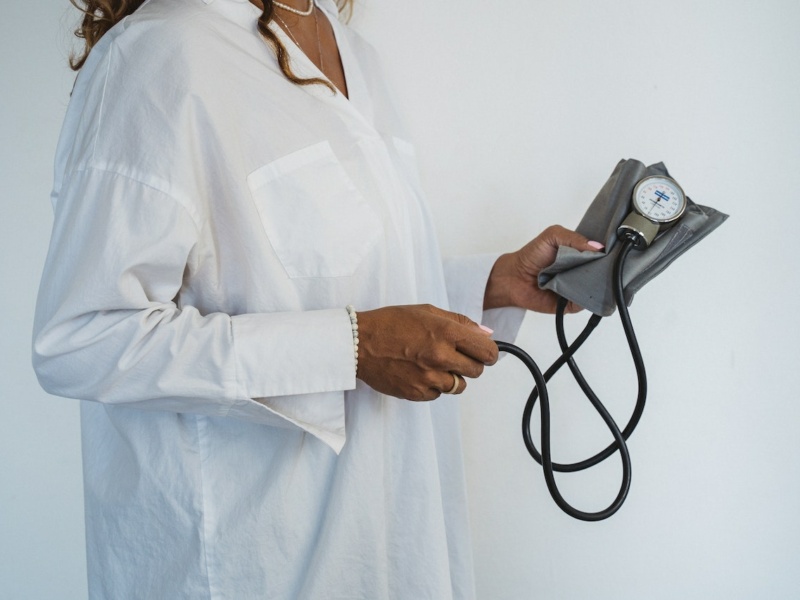The ideal blood pressure reading is at or under 120/80 mmHg.
Long term high blood pressure is known as hypertension – a reading of 140/90 mmHg over several weeks. It is one of the main risk factors for stroke and heart disease.
Early signs of high blood pressure
Approximately 46% of people do not know they have high blood pressure. It is important to get hypertension diagnosed and managed. These are some of the symptoms:
- Vision problems
- Irregular heartbeat
- Fatigue
- Headache
- Pounding in your neck, ears or chest
Reduce the risk of high blood pressure
- Maintain a healthy weight
- Get sufficient, regular physical exercise
- Do not smoke
- Know your family history of high blood pressure
- Relaxation practices to reduce and manage stress
- No more than two drinks of alcohol per day
- Know your numbers – check your blood pressure regularly
- Sit less
Living with high blood pressure
- Follow a healthy diet, eating plenty of fruit and vegetables, and reducing salt intake. Reduce or eliminate added sugar and refined carbohydrates.
- Be physically active – 150 minutes per week of low to moderate intensity
- Measure your blood pressure regularly
- Stop smoking
- Reduce your alcohol intake
- Manage your stress
Activities
- Walking
- Relaxation, mindfulness, meditation
- Dancing
- Tennis
- Swimming
- Yoga & pilates
